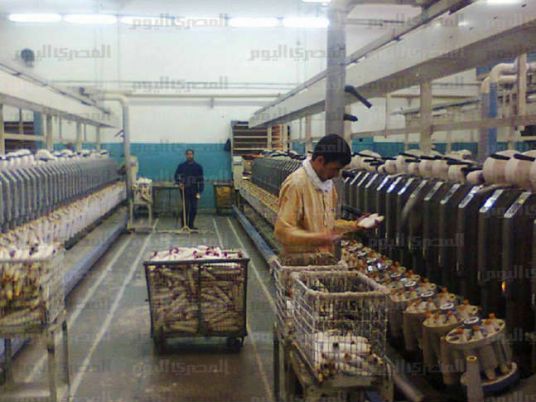
The Federation of Egyptian Chambers of Commerce has stated it had been working hand-in-hand with the government to modernize the business environment, in order to make it more attractive for investors, by participating in an overhaul of investment legislation to coincide with the Sharm el-Sheikh economic summit.
FECC chairman Ahmed al-Wakil told Al-Masry Al-Youm that the government, assisted by private sector institutions, is currently working on developing an investment-friendly administrative atmosphere.
Wakil pointed to a reform plan, already being implemented, relying on “e-government” as a faster way of providng services both for citizens and investors, which ensures transparent private sector engagement in government tenders and attracts investment for the local manufacturing industry.
Wakil also described what he called a notable progress in debates over the government-proposed “civil service” law which, he said, seeks to achieve a remarkable breakthrough in the quality and expediency of services provided to both citizens and investors.
He pointed to what he called a “procedural revolution” targeting faster litigation procedures, as far as economic disputes are concerned, relying on various countries’ experiences in that respect.
"Through those reforms, we are seeking to promote electronic litigation,” Wakil explained, labelling the concept "a tool for faster justice."
The “procedural revolution” also involves the creation of new governmental services offered by the chambers of commerce on behalf of the state, such as commercial registration, customs, taxation and notarization, all with the aim of facilitating work for investors, as well as seeking the inclusion of the unofficial business sector in the economic system.
According to Wakil, a commercial registration can now be made within less than 22 minutes at the chambeers of commerce, which have also contributed to state resources by facilitating the documentation of tax returns.
Speaking of legislative reforms, Wakil pointed to the recent enactment of laws on macro-finance, mineral resources, quarries, energy purchases, state contract challenges, local product preference, investment and specialized economic zones. He also counted amendments made to several laws such as the laws on the stock market, corporations, commercial registry, brands, income tax, customs, value added, tenders and market exits.




